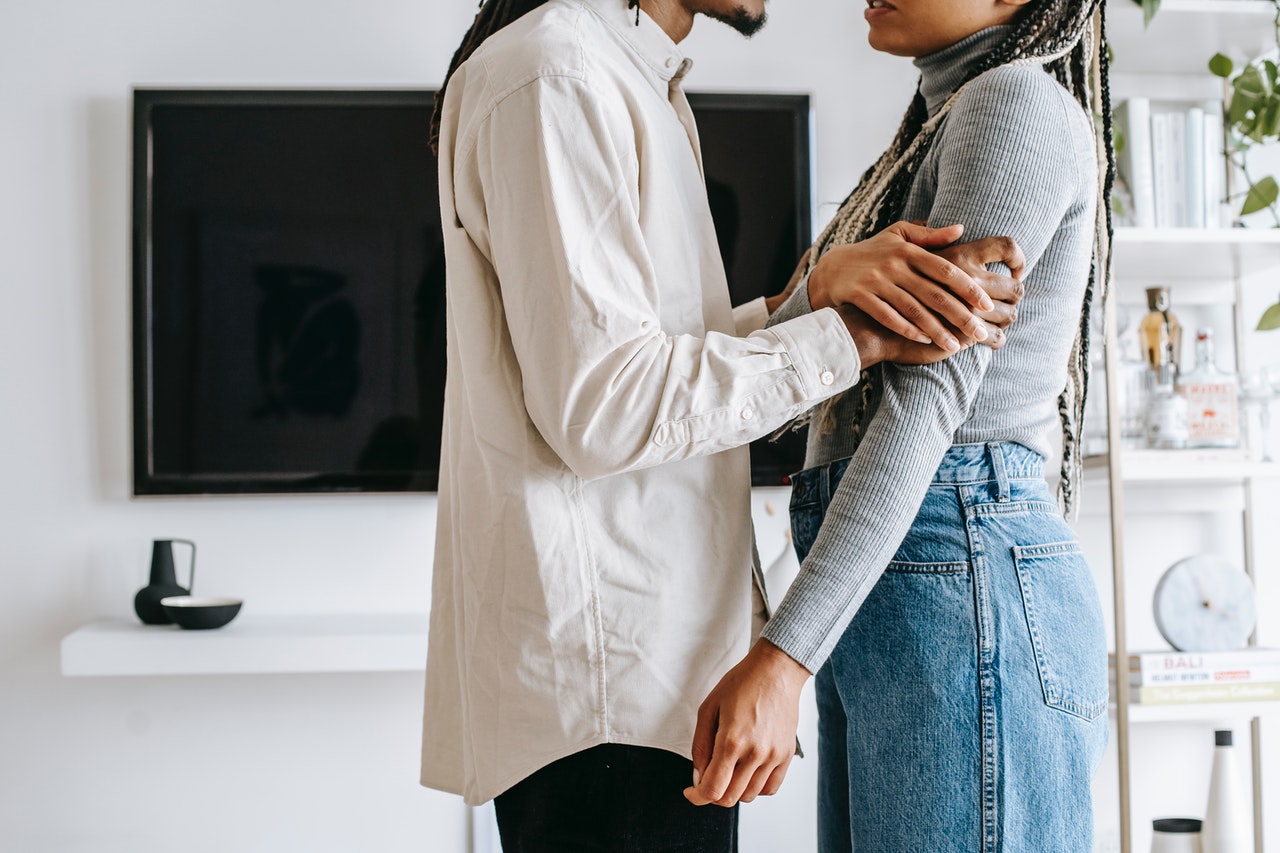Signs of Domestic Abuse

When we enter into a relationship, we do so trusting the other person has our best interests at heart. Sadly, many people can eventually find themselves in an abusive relationship. The abuse can be emotional, verbal, and physical.
Abusers come in all colors, shapes and sizes, and from all cultures and religious backgrounds. And while you may think someone who is capable of violence must have a criminal background, studies have found that 90% of abusers do not have criminal backgrounds.
Domestic Abuse Red Flags
Domestic abuse often starts with small “not right” behaviors, and it can be difficult to notice the signs at first. Especially if your partner says, “I love you” and does nice things for you on occasion.
Here are some signs you may be in a dangerous situation:
Jealous Tendencies
Partners that are extremely possessive are known to become violent. If they are calling you constantly and monitoring your daily schedule, this is a red flag.
Controlling
You are forced to ask permission to do things. They control the money in the relationship.
Unrealistic Expectations
You are expected to look, be and act perfectly. His or her needs must be met happily and without a miss.
Isolation
Your partner tries to keep you away from friends and family. Those you do see are accused of being “trouble makers” and painting your partner in a bad light.
Hypersensitivity
Abusers are often hypersensitive and have their feelings easily hurt. This can instantly make them angry so they lash out.
Verbal Abuse
You are constantly being criticized. They will call you names and say terrible things. In these moments, you sense they are getting pleasure out of causing you pain.
Abuse is Never Okay
To reiterate, abuse can start off slowly, but things can escalate quickly. No form of abuse or disrespect in a relationship is ever okay. If you are a victim of domestic abuse, it is very important to get some help. Don’t hesitate to call the National Domestic Violence Hotline at 1-800-799-7233 (SAFE) or 1-800-787-3224.
You may also want to speak to a counselor who can help you navigate your feelings and develop coping strategies so you can get yourself well and move on from your current situation. Please feel free to reach out to me if you’d like to discuss treatment options.
SOURCES:
- https://www.womenshealth.gov/relationships-and-safety/domestic-violence/signs-domestic-violence
- https://domesticviolence.org/domestic-abuse-signs/
- https://www.ncadv.org/signs-of-abuse
